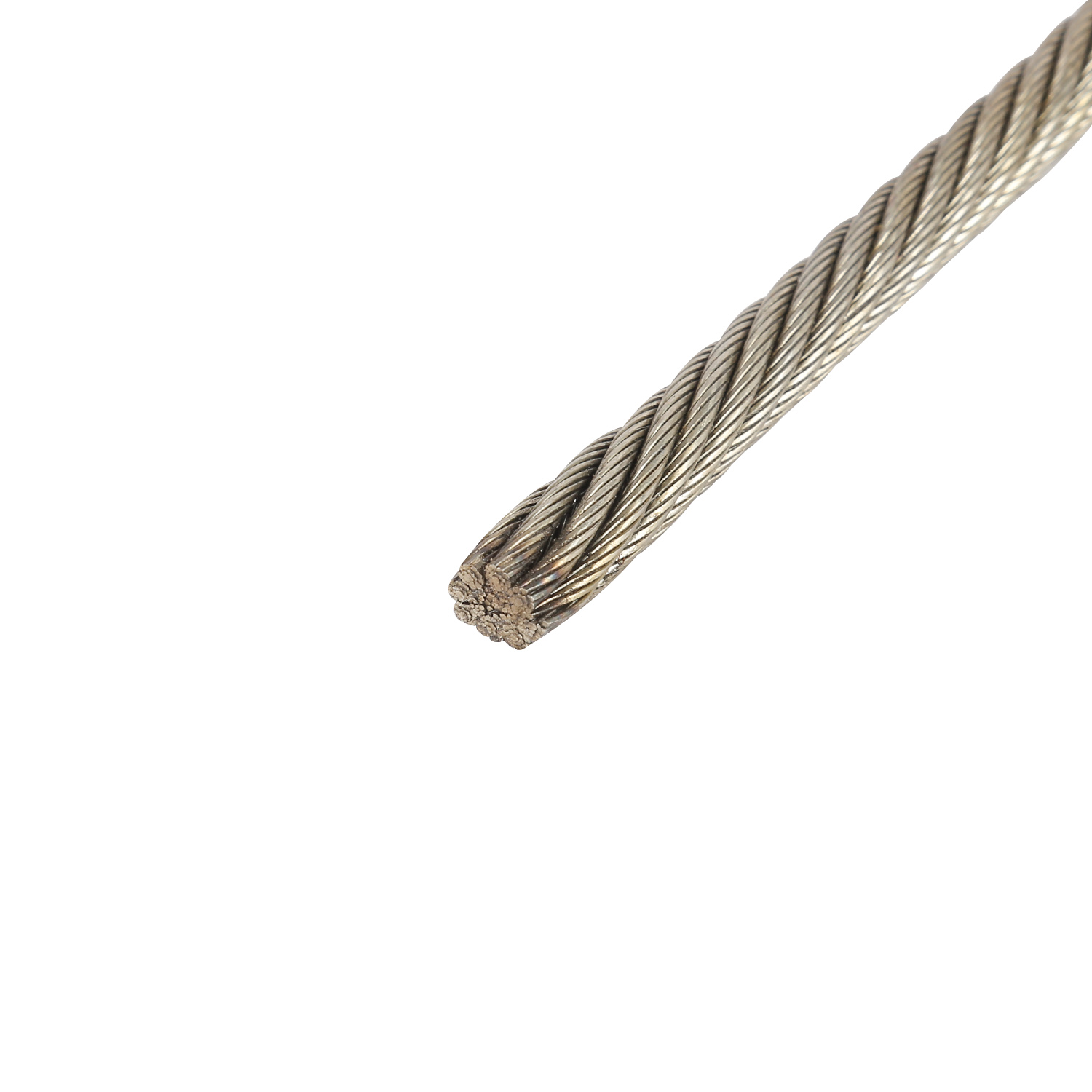Table of Contents
Strength and Durability of Music Wire Material
Music wire is a type of high-Carbon Steel wire that is commonly used in a variety of applications, including Piano strings, Springs, and wire forms. One of the key properties of music wire is its strength and durability, which make it an ideal material for applications that require high tensile strength and resistance to fatigue.

The strength of music wire is due to its high carbon content, which typically Ranges from 0.60% to 1.00%. This high carbon content allows the wire to be hardened through heat treatment, which increases its tensile strength and resistance to deformation. In addition to its high carbon content, music wire also contains small amounts of other alloying elements, such as manganese and silicon, which further enhance its strength and toughness.
One of the key factors that contribute to the strength and durability of music wire is its fine Grain structure. The fine grain structure of music wire is achieved through a process known as cold drawing, in which the wire is pulled through a series of dies to reduce its diameter and increase its strength. This process also helps to align the grain structure of the wire, which further enhances its strength and toughness.
In addition to its strength, music wire also exhibits excellent fatigue resistance, which is the ability of a material to withstand repeated loading without failure. This is particularly important in applications such as springs, where the wire is subjected to cyclic loading over a long period of time. The high tensile strength and fine grain structure of music wire help to prevent the formation of cracks and fractures, which can Lead to failure under cyclic loading.
Another important property of music wire is its corrosion resistance. While music wire is not as corrosion-resistant as Stainless Steel, it is still able to withstand exposure to moisture and other corrosive environments. This makes it suitable for use in applications where corrosion resistance is not a primary concern, such as piano strings and wire forms.
Overall, the strength and durability of music wire make it a versatile material that is well-suited for a wide range of applications. Its high tensile strength, fine grain structure, and excellent fatigue resistance make it an ideal choice for applications that require a combination of strength and toughness. Additionally, its corrosion resistance makes it suitable for use in environments where exposure to moisture and other corrosive elements is a concern.
In conclusion, music wire is a high-carbon steel wire that exhibits excellent strength and durability. Its high carbon content, fine grain structure, and alloying elements contribute to its high tensile strength, toughness, and fatigue resistance. These properties make it an ideal material for applications that require a combination of strength, toughness, and corrosion resistance. Whether it is used in piano strings, springs, or wire forms, music wire is a reliable and versatile material that can withstand the demands of a wide range of applications.
Corrosion Resistance of Music Wire Material
Music wire is a type of high-carbon steel wire that is commonly used in various applications, including Musical Instruments, springs, and wire forms. One important aspect of music wire that is often overlooked is its corrosion resistance properties. Understanding the corrosion resistance of music wire material is crucial for ensuring the longevity and performance of products made from this material.
Corrosion is a natural process that occurs when metal materials are exposed to environmental factors such as moisture, oxygen, and Chemicals. Music wire, like any other metal material, is susceptible to corrosion if not properly protected. However, music wire has inherent properties that make it more resistant to corrosion compared to other types of steel wire.
One of the key factors that contribute to the corrosion resistance of music wire is its high carbon content. The high carbon content in music wire increases its hardness and strength, making it more resistant to corrosion. Additionally, the high carbon content forms a protective Oxide layer on the surface of the wire, which acts as a barrier against corrosive elements.
Another important factor that enhances the corrosion resistance of music wire is its cold-drawn manufacturing process. Cold drawing involves pulling the wire through a series of dies at room temperature, which increases the wire’s tensile strength and improves its surface finish. This process also compresses the metal structure of the wire, making it more resistant to corrosion.
In addition to its high carbon content and cold-drawn manufacturing process, music wire is often coated with a protective layer to further enhance its corrosion resistance. Common coatings used on music wire include Zinc plating, Nickel plating, and Polymer coatings. These coatings provide an additional layer of protection against corrosion and extend the lifespan of products made from music wire.
Despite its inherent corrosion resistance properties, music wire is not immune to corrosion. Factors such as exposure to harsh chemicals, high humidity, and saltwater can still cause corrosion to occur. It is important to properly maintain and protect products made from music wire to prevent corrosion and ensure their longevity.
Regular cleaning and maintenance of products made from music wire can help prevent corrosion. Wiping Down the surface of the wire with a clean Cloth and mild detergent can remove dirt and debris that can contribute to corrosion. Additionally, storing products made from music wire in a dry and well-ventilated area can help prevent moisture buildup and corrosion.
In conclusion, music wire is a versatile material with excellent corrosion resistance properties. Its high carbon content, cold-drawn manufacturing process, and protective coatings make it a durable and long-lasting material for various applications. Understanding the corrosion resistance of music wire material is essential for ensuring the performance and longevity of products made from this material. By properly maintaining and protecting products made from music wire, corrosion can be minimized, and the lifespan of these products can be extended.

